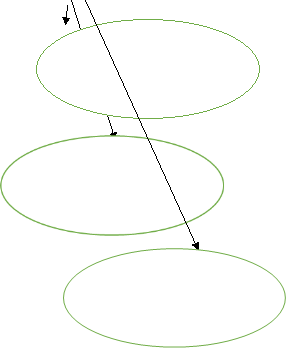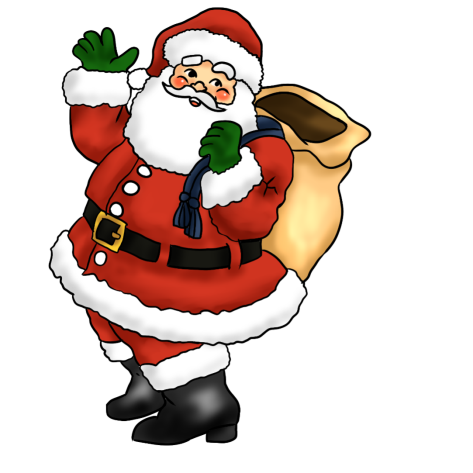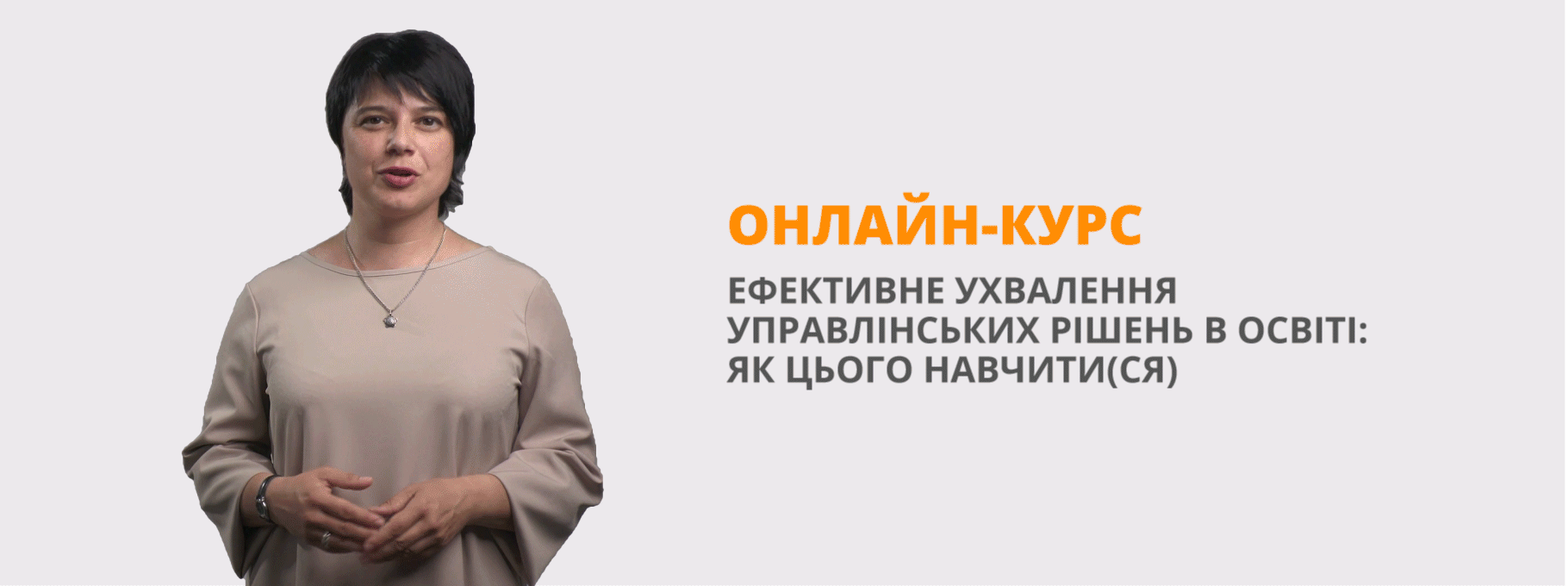Конспект уроку "Christmas Characters"
- Christmas Characters.docx docx
- attachment 3.docx docx
- attacment 2.docx docx
- santa claus.docx docx
Christmas Characters
|
|
Teaching speaking
|
|
Learning outcome |
Learners will be able to speak and to write about Christmas characters, using the structures “He has…” “He/she can…” “She/he is…” Pupils will apply vocabulary from the topic “Personalities and appearance” they have learned during their previous lessons. All these will improve and reinforce students’ integrated language skills (using listening, writing and speaking) |
|
Materials and references (attach worksheets) |
The textbook English 5 by O. Karpuik, posters on the walls, a laptop, bilingual dictionaries, worksheets, flashcards “Christmas”, a ball, the video with subtitles “Rudolf , The Red-Noised Reindeer” https://www.youtube.com/watch?v=jG3jPfz8V6Y
|
|
Anticipated problems – 75 words maximum |
Pupils may feel difficulties to remember the vocabulary of the lesson. Pupils may feel difficulties to produce the statements. The new activity (“Ball throwing game”) may be misunderstood. Boys may be distracted and might behave inappropriately
|
|
Proposed solutions – 75 words maximum |
I will use some activities to help them remind the taught vocabulary I will give wordlists to help weaker pupils. I will give instructions to the activities as clear as possible for being done easily and the material should be understandable for them I will seat the boys next to the girls.
|
|
Time |
Teacher activity |
Learner activity |
Interaction |
Stage aim |
|
1 min |
Greet the learners |
Greet each other |
T-S, S-S |
To start the lesson and initiate communication |
|
2 min |
T puts a little Santa on the table, sticks the flashcards “Santa” “Rudolf” and asks students to guess the topic of the lesson they are going to have. Then T presents the lesson topic and tells pupils that they will learn how to describe the most famous Christmas characters in the world. |
Individual work. Listen to the teacher and give the ideas, trying to guess the topic |
T-Ss |
To seize pupils` attention and get them interested in studying English. |
|
5 min |
Stick some flashcards on the blackboard and make learners do choral repetition, then remove card by card, until there are no cards on the blackboard. Attachment “Christams” |
Individual work. Pupils do choral repetition of the words. After the removing of one card, they repeat the whole sequence of the words, including the missing one. Continue the same until they say all the words from the memory. |
T-Ss |
To encourage the pupils to use previously taught vocabulary (Christmas).
|
|
2 min |
T explains unknown words, words –combinations ( shiny, it glows, go down, call it names) |
Pupils listen to teacher and pronounce the words, do choral repetition of them. |
T-Ss |
To make sure pupils have no any difficulties while watching the video. |
|
8 min |
Watching the video. Ask pupils to watch and listen to the video and tell what is the video about Going round helping weaker pupils especially to read and work out meaning |
Individual work. Pupils watch and listen to the video, read the subtitles and answer teacher`s questions.
|
Ss |
To promote interest in the culture, to seize pupils` attention and to introduce them one of the most famous song in the world, using video For pupils to develop listening and reading subskills |
|
10 min |
T divides pupils into two teams Santas and Rudolfs and give them worksheets asking to describe their characters using the prompts. Going round helping weaker pupils especially to produce and write their ideas Attachment 2 Attachment 3 Santa Claus |
Group work Pupils discuss their ideas about the chosen character and write them on the worksheets and then read their sentences . |
Ss |
For pupils to develop writing sub-skills, to develop their imagination
|
|
10 min |
Ball throwing game. T gives the instructions to the game T throws the ball to a pupil from Santa team and say “Santa is…” and he has to complete the sentence. Going round helping weaker pupils especially to produce the sentences. To monitor for pronunciation and correct if necessary .
|
Then the first pupil throws the ball to someone from the Rudolf team and says “Rudolf is…” and she/he has to say a sentence about Rudolf. They have to listen to others in the order not to repeat the same sentences. This continues until everyone has had a chance to say something |
S-S |
To give the students the opportunity to speak in turn. For pupils to practice in speaking different structures, like Santa/Rudolf is…” “Santa/Rudolf has…” “Santa/Rudolf can…” To develop speaking skills – fluency |
|
3 min |
Conclusion. T asks pupils what they have learned at the lesson and what was interesting/ difficult/new for them. Explain how to do the homework.
|
Pupils give feedback on the lesson.
Listen to the teacher how to do homework and write down into their diaries. |
T-Ss |
To receive feedback. For learners to understand what they`ve learned and what was interesting/ difficult/new for them
|
Task 1. Choose one of the character. Fill in the table using words from the box (you can add your ideas). Then write 6-9 sentences about a Christmas character
- Santa
|
Funny a white beard give presents not tall a red Christmas costume make presents kind a bag with presents bring joy plump generous |
|
|
Santa |
|
|
is |
has |
can |
|
|
|
|
|
|
|
|
|
|
|
|
|
|
|
|
|
|
|
|
|
|
|
|
- Santa is________________
- Santa has _______________
- Santa can______________
- Rudolf
|
Sad a red shiny nose fly playful big antlers Play happy four legs jump famous nice eyes run |
|
|
Rudolf |
|
|
is |
has |
can |
|
|
|
|
|
|
|
|
1) Rudolf is________________
2) Rudolf has _______________
3) Rudolf can______________
Task 2. Choose one of your favorite character and write 6 sentences about him/her/it.Tell about him/her your relatives or friends.
|
Funny a white beard give presents not tall a red Christmas costume make presents kind a bag with presents bring joy plump generous |
|
Sad a red shiny nose fly playful nice tall antlers Play happy four legs jump famous nice eyes run |
Rudolf the red-nosed reindeer
![]()
![]()

![]()
![]()



![]()
 is has can
is has can







Santa Claus


 is has can
is has can


про публікацію авторської розробки
Додати розробку
